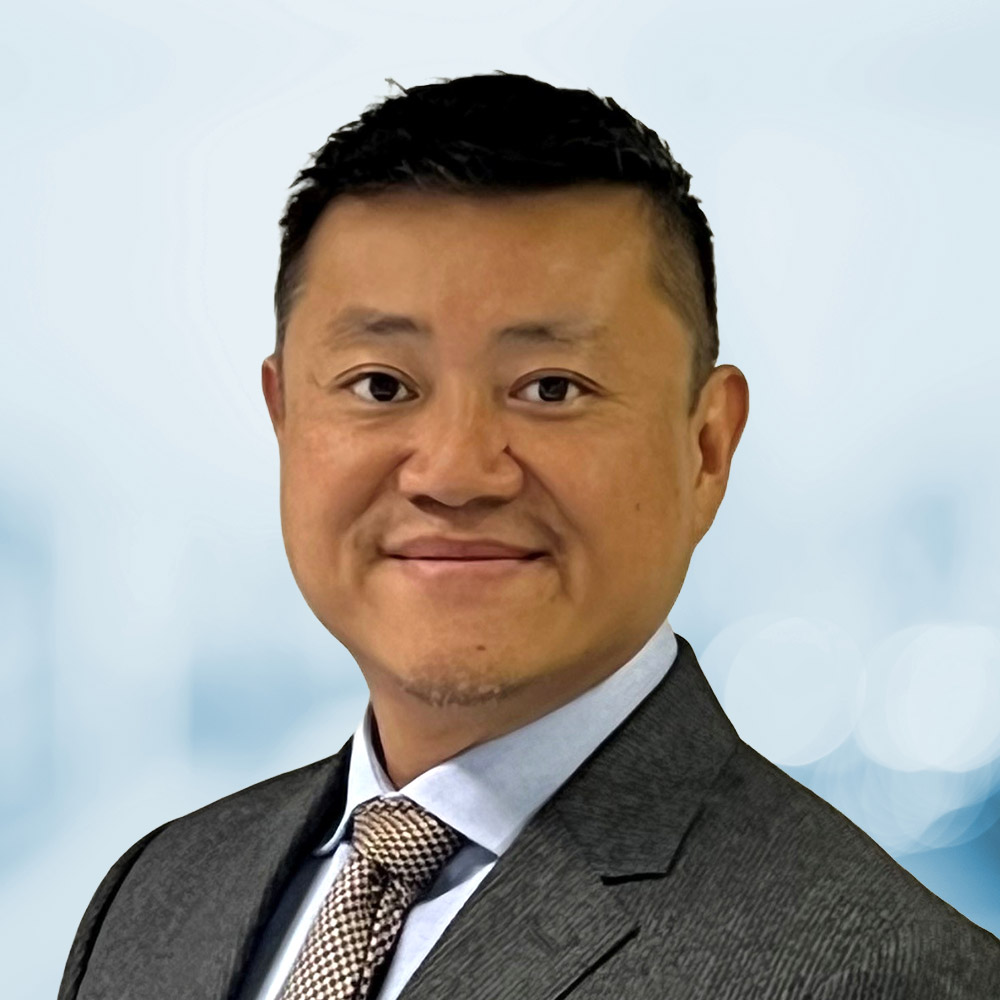David Wong

David’s career began in 1998 and spans three decades in credit and fixed income. His professional trajectory, starting as a trader and culminating in leading regional bank ratings, reflects his commitment to understanding the intricacies of credit and financial markets. Here, David shares his career story, advice for aspiring professionals, and reflections on navigating complex challenges.
What inspired you to pursue a career in credit?
David’s entry into credit stemmed from the fast-paced environment of JPMorgan Chase’s fixed income trading floor in London. At first, trading offered the thrill of daily performance evaluations, but he soon found himself wanting to dig deeper.
“Trading floors often limit the time you have to really analyze and study what you’re buying and selling,” he recalls. “ Technical factors often override fundamentals in driving short-term price actions. When I transitioned to managing a portfolio at a smaller bank, I began to appreciate how credit ratings influenced the bank’s cost of borrowing and investment decisions. That’s when I became truly interested in understanding the narratives behind an institution’s creditworthiness. I wanted to look beyond the numbers and focus on the bigger picture.”
Career highlights
David’s career has been a whirlwind of diverse roles, starting from his early days in trading to key leadership positions in credit ratings. “I graduated in astrophysics from Cambridge—not your typical path into finance – but to my disappointment they only needed one Stephen Hawking!” It was the necessity of repaying student loans, combined with his analytical inclination, that steered him toward banking and credit.
The timeline of his career illustrates his steady progression:
- JPMorgan Chase, London (5 years): Developed his skills as an emerging markets fixed income trader, dealing with sovereign and corporate eurobonds across Latin America and Eastern Europe.
- Moscow Narodny Bank, London (3 years): Transitioned into portfolio management, investing in eurobonds, credit default swaps, and structured finance instruments.
- Fitch Ratings, Hong Kong (18 years): Served across multiple roles, as a credit ratings analyst across structured finance, credit policy and bank ratings.
Memorable moments
Reflecting on his most significant role, David emphasizes the complexity of chairing credit rating committees at Fitch Ratings during the pandemic. “Those were extraordinary circumstances. We had to focus on constantly evolving information while resisting the temptation to lean too conservatively, which wouldn’t have provided investors with the forward-looking insights they needed for decision-making. It demanded rigorous analysis, judgment, and the ability to answer countless ‘what if’ scenarios. At the same time, I had to ensure the team maintained the highest standards without losing sight of their personal challenges during such an exceptional time,” he shares.
David also takes pride in his role as co-author of a cross-sector research publication examining the implications of China’s property market fallout. “This paper won the Global 2022 ACE Award [an award scheme within Fitch Ratings]. This wasn’t just a personal accolade; it highlighted the value of collaboration and innovation in tackling systemic risks, and credit goes to the entire China banks ratings team in Shanghai and Hong Kong for their contributions.”
He also looks back fondly on his time as Head of North Asia Bank Ratings. Managing a team with over 70 bank credits across diverse markets such as Japan, Korea, and Mongolia required both technical expertise and cultural sensitivity. The professionalism of the team was not an issue, but the greater challenge was interpreting the highly diverse portfolio of banks’ financials in a way that considered market and cultural context whilst not ignoring the fact that global rating criteria (a global set of standards) had to be applied in each instance. He fondly recalls regional team offsites where analysts from across Asia-Pacific came together to exchange ideas and strengthen their skillsets. “These events were hard work but incredibly rewarding,” he reflects. “They played a vital role in fostering team cohesion and minimizing silos.”
Advice for aspiring credit professionals
David’s core advice can be summed up in two words: ask questions. “Annual reports, presentations, and press conferences are designed to paint a rosy picture of an institution. It’s the analyst’s job to uncover what lies beneath. Be skeptical but constructive.”
He stresses the importance of curiosity and critical thinking in a field where nothing should be taken at face value. “A keen eye for inconsistencies or something that doesn’t feel quite right is indispensable. As a credit professional doubting what you hear or read might just be the most indispensable skill to keep with you.”
David also highlights the need for adaptability in a rapidly evolving industry. “You’re going to encounter challenges, like unpredictable markets or disruptive events, that will test your analytic rigor. That’s where resilience and openness to learning really come in.”
Final reflections
Reflecting on his career, David maintains that a healthy skepticism is a fundamental skill for success. His advice to others is to remain inquisitive, ask hard questions, and develop a keen eye for detail, ensuring they are always ready to ‘look behind the numbers’. These principles, he believes, are the true cornerstones of a rewarding and impactful career in credit.






